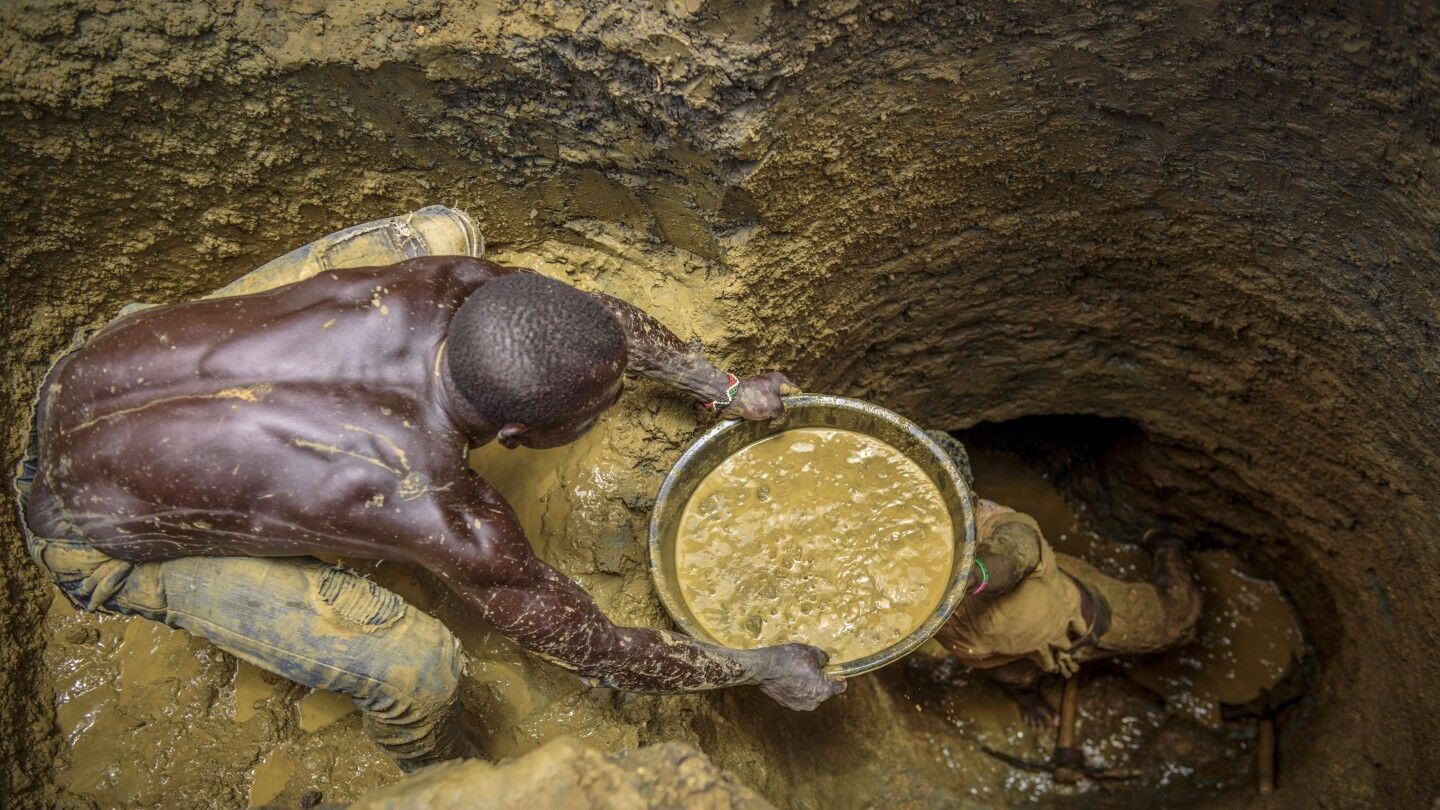Gold Is Money, Everything Else Is Credit
How African Nations Can Leverage Their Gold Reserves for Power

For centuries, gold has been the ultimate store of value, recognized worldwide as real money, while paper currency and credit fluctuate in worth. The quote, “Gold is money, everything else is credit,” famously attributed to J.P. Morgan, highlights this fundamental truth. African nations, home to some of the world’s largest gold reserves, have an unparalleled opportunity to use their gold as leverage in global trade and technology acquisition. Instead of relying on foreign aid or high-interest loans, African governments can utilize their vast gold wealth to access infrastructure, industry, and cutting-edge technology on their own terms.
Africa holds an estimated 40% of the world’s gold reserves, with several nations ranking among the top producers. Ghana, the continent’s leading gold producer, surpassed South Africa in 2019, boasting annual outputs exceeding 130 metric tons. South Africa, once the world’s gold mining capital, still holds vast untapped reserves despite declining production. Sudan, Mali, and Burkina Faso have emerged as major players, with extensive gold deposits attracting significant international attention. Other nations like Tanzania, Guinea, and the Democratic Republic of the Congo (DRC) also possess substantial gold resources that remain underutilized in economic negotiations.
The challenge has always been that African nations export raw gold instead of using it strategically. Foreign corporations extract gold, refine it abroad, and sell it back at inflated prices, limiting Africa’s ability to capitalize on its wealth. By shifting policies toward gold-backed financial strategies, African governments can dictate new terms in global trade. Instead of holding depreciating foreign currencies in reserves, central banks across Africa should strengthen their gold reserves, allowing them to negotiate from a position of monetary sovereignty. Countries like Ghana and Zimbabwe have already begun moves toward gold-backed currency policies, recognizing that gold offers financial security beyond the volatility of fiat money.
One of the most effective ways to leverage gold is to use it as collateral for large-scale infrastructure and technology projects. Rather than borrowing from the International Monetary Fund (IMF) or World Bank under restrictive terms, African nations could negotiate trade deals where gold reserves secure investments in energy, transportation, and digital technology. By backing foreign investments with gold, African nations ensure they are not subjected to exploitative debt agreements that cripple economic growth.
China has already demonstrated how strategic resource-backed financing works. Through its Belt and Road Initiative (BRI), China has exchanged infrastructure investments for resource rights across Africa. African nations, however, should move beyond simply trading raw materials for roads and railways. They must insist on partnerships that include technology transfer, local employment, and manufacturing capacity. For example, instead of allowing foreign companies to mine gold and take the profits overseas, African governments could require that a portion of refined gold be retained for national reserves, strengthening their financial independence.
Additionally, Africa must establish its own gold-backed financial institutions. A Pan-African Gold Bank, where countries contribute portions of their reserves, could facilitate trade within the continent without relying on the U.S. dollar or the euro. This would help stabilize currencies, reduce inflation, and increase Africa’s bargaining power in global markets.
Gold is not just a commodity; it is financial power. African nations that understand this and move toward gold-backed economic strategies will gain independence from predatory lending, unfair trade deals, and currency devaluation. By leveraging their massive reserves wisely, Africa can redefine its economic future, ensuring that its wealth benefits its people rather than foreign investors. The time has come for Africa to stop selling its gold and start using it as the foundation of its financial sovereignty.


